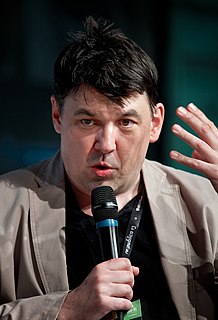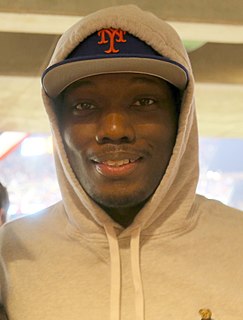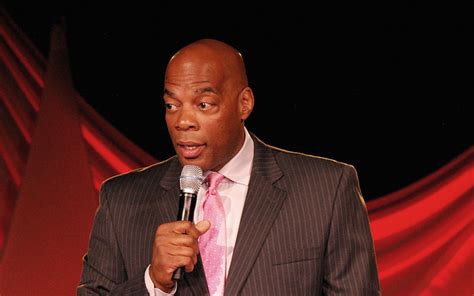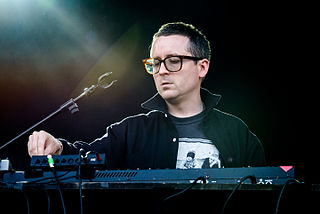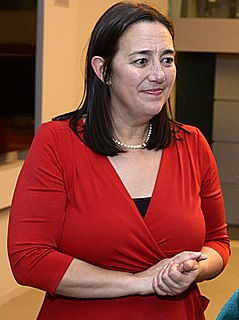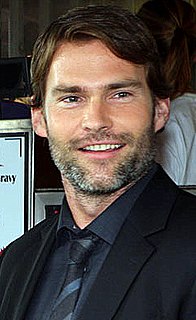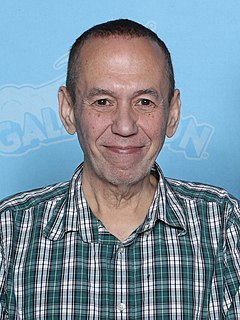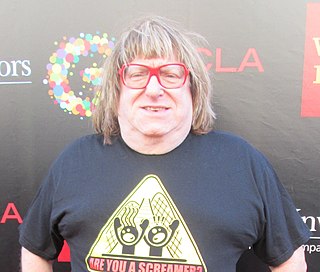A Quote by Graham Linehan
You need to tune into a different way of being funny for kids. They're learning the rhythm of a joke.
Related Quotes
I have become a giant fan of the testing process, especially with a comedy. I mean, they tell you what's funny. It's almost tailor-made for people who shoot the way we shoot, trying a million different options and versions of things. Because the audience doesn't laugh at a joke, we put in another joke. If they don't laugh at the next joke, we put in another joke. You just keep doing them and you can get the movie to the point where every joke is funny, if you have enough options in the can.
There's different kinds of improv. There's Second City improv where you try to slowly build a nice sketch. There's stuff you do in college coffee houses where you just go joke, joke, joke. Bring another funny character with a funny hat on his head. Christopher Guest is more the line of trying to get a story out.
It's funny, I played a social gig once - we were playing music that was rhythm based, but it was going in some strange places. Some people came up to me afterward and said, "Can you play a tune that we'll all recognize?" I've carried that with me forever - why would you want a tune you could recognize? What's the point of that?
If a comedian tells a joke that you find funny, you laugh. If he tells a joke you do not find funny, don't laugh. Or you could possibly go as far as groaning or rolling your eyes. Then you wait for his next joke; if that's funny, then you laugh. If it's not, you don't laugh - or at very worst, you can leave quietly.
Whether I'm performing or directing, I'm aways thinking about rhythm; sometimes it's nailing the right rhythm, and sometimes it's intentionally breaking the rhythm. Those two things are what make something funny or not. How long a shot is and where you put the camera are all part of that rhythm of directing.
If a comedian tells a joke that you find funny, you laugh. If he tells a joke you do not find funny, dont laugh. Or you could possibly go as far as groaning or rolling your eyes. Then you wait for his next joke; if thats funny, then you laugh. If its not, you dont laugh - or at very worst, you can leave quietly.
I'm not big on fat jokes. That's a little beneath me. I'm not a huge fan of making a joke completely at someone else's expense. Even though I think he does it better than anyone else, I don't love... Well, it's different with Sacha Baron Cohen, but that whole thing where you're "punking" people? I don't like that. I don't like doing it, and I don't particularly find it funny when the joke is on a person who doesn't know they're being set up.
